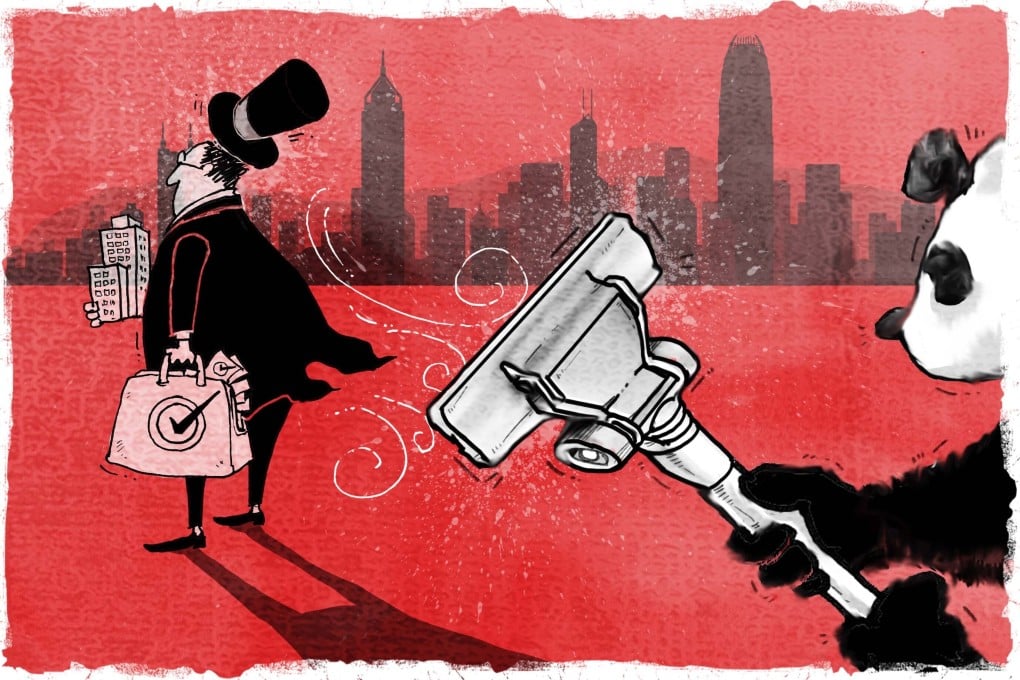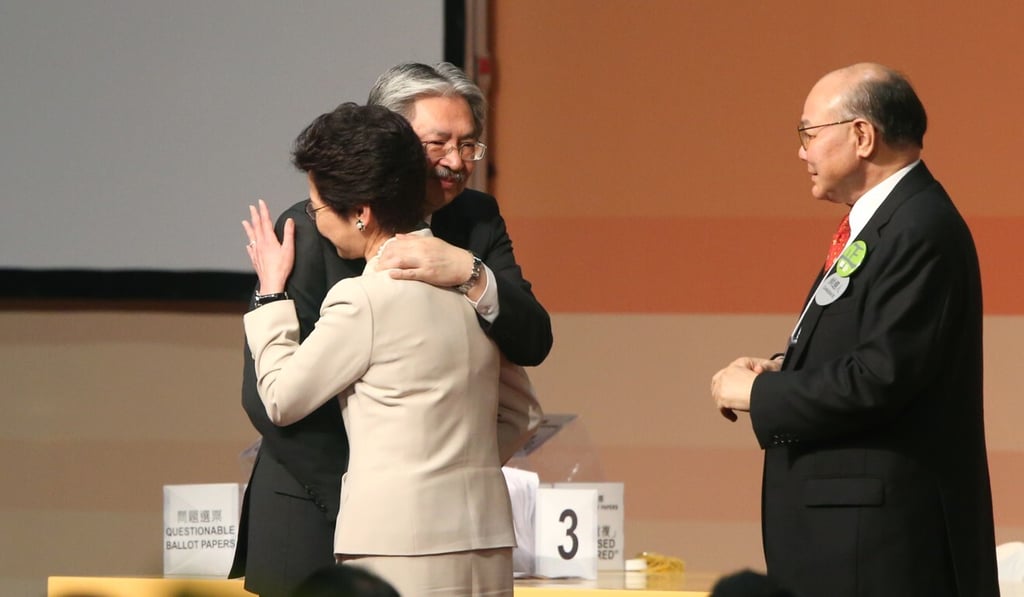Hong Kong’s ‘kingmakers’: will city’s tycoons have their political wings clipped as Beijing pushes city on electoral reforms?
- Hong Kong’s billionaires have held much clout in the Election Committee that selects the city’s leader
- While it is unknown how the committee may be reformed, source says talks under way to reduce votes allocated to tycoons and their families

China’s political elite will gather in Beijing this week for the year’s biggest legislative set piece, known as the “two sessions” or lianghui , facing a number of major political challenges, including the aftermath of the coronavirus and the ongoing rivalry with the United States. In this instalment of a series , Lilian Cheng, Gary Cheung and Natalie Wong explore whether the agenda for Hong Kong could include electoral reforms that will reduce the political sway of the city’s tycoons.
When Hong Kong’s former financial secretary John Tsang Chun-wah stepped forward as a candidate for the city’s chief executive race in 2017, some local property developers supported him.
But his most ardent backers knew even before the votes were cast that he would lose to former chief secretary Carrie Lam Cheng Yuet-ngor, Beijing’s preferred choice.
Derek Yuen Mi-chang, one of Tsang’s campaign members, recalled that despite talk that Beijing did not support the ex-finance chief, quite a number in the exclusive Election Committee that would pick the winner favoured him initially.

“But soon after Lam declared she would be running, you could see some of these voters, especially heavyweight politicians and tycoons, publicly switching to support her,” Yuen said. “The central government’s directive was what mattered and most of these committee members took their cue from that.”
In the end, Tsang managed to garner 365 votes against Lam’s 777 out of 1,163 valid ballots cast, and retired judge Woo Kwok-hing limped in with just 21.